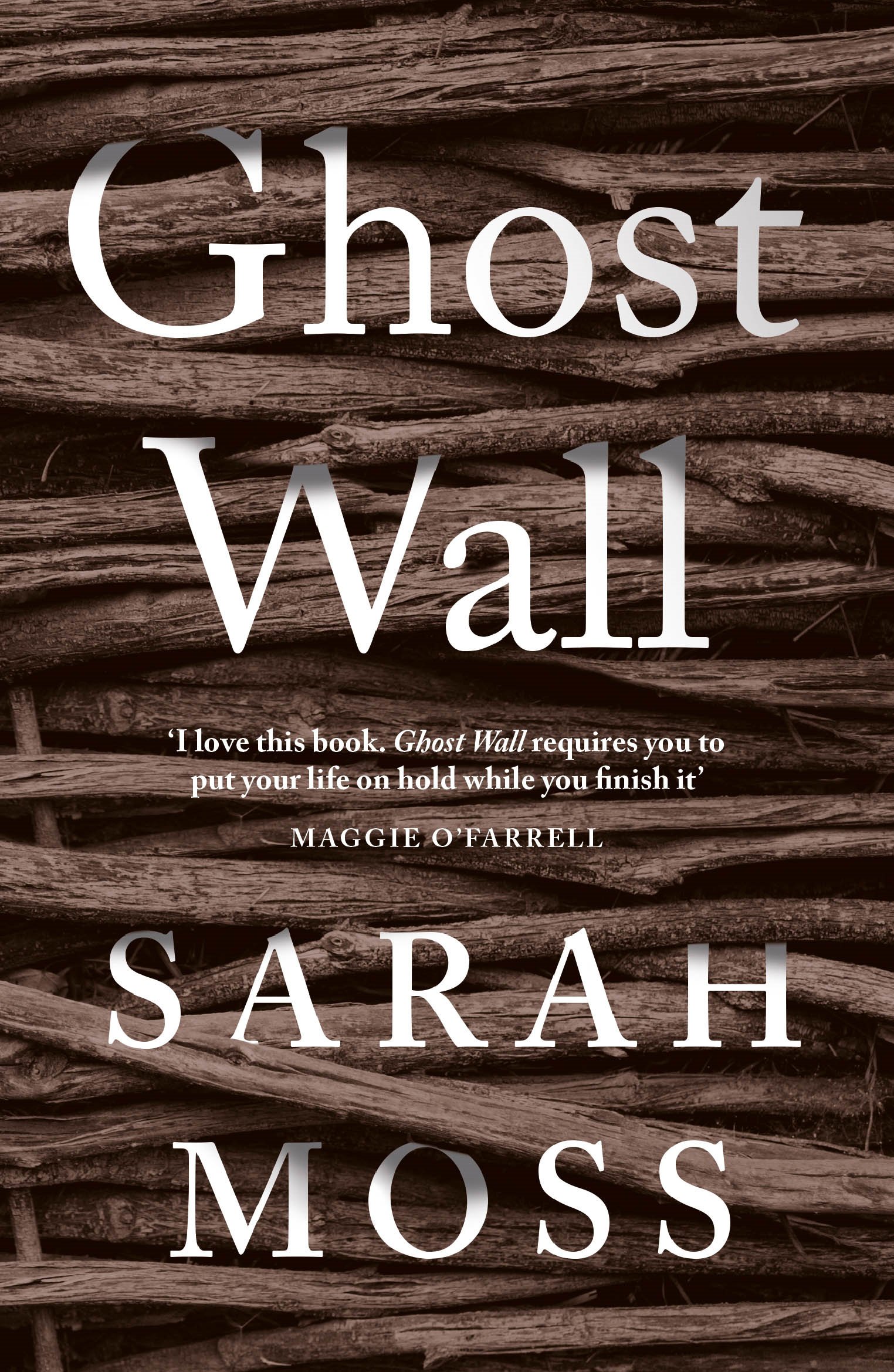... a ghost wall, said the Prof, sitting back on his haunches. I was just telling your dad, it’s what one of the local tribes tried as a last-ditch defence against the Romans, they made a palisade and brought out their ancestral skulls and arrayed them along the top, dead faces gazing down, it was their strongest magic. [loc. 946]Silvie (short for Sulevia, Ancient British goddess of springs and pools) is a young seventeen. Her father, Bill, is a bus driver with an avid interest in archaeology: he, Silvie's mother Alison and Silvie have been invited to join Professor Slade ('call me Jim') and a trio of students (Dan, Pete and Molly) in an 'experimental archaeology' camp somewhere in Northumbria. Jim's interest is scholarly: Bill, on the other hand, would apparently like nothing more than to go back to those simpler, more honest times, free of immigrants and womens' rights and inequality. He is an emotionally and physically abusive husband and father, holding his wife wholly in thrall, and Silvie in a toxic bond of love and fear. Silvie is good at going away inside her head, but even there she doesn't escape her father's dominance.
Molly and Silvie become friends, and bond over forbidden trips to the nearest shop (why, yes, they are both wearing 'Iron Age' tunics and moccasins: but ice cream!) despite the issues of class and privilege that might divide them. Meanwhile, the men -- 'they’re not much interested in the foraging and cooking, they just want to kill things and talk about fighting' -- are talking about the ghost wall, the bog burials, the sacrifices, the liminal zone between life and death, and the rituals and curses by which the Iron Age folk protected themselves. But what about the victims? (The book opens with a short description, third person, of one such woman.) Silvie, at least, understands that you don't sacrifice something you don't love.
This is a very short novel, but quite chilling. A surprising amount of unease stems from the increasing friction (never discussed, of course) between the six members of the group. But there is also the constant presence of the idea of sacrifice, of the dead watching the living: the idea that the dead are not gone. "They had to be pinned to their graves with sharp sticks driven through elbow and knee, trapped behind woven wooden palings, to stop them coming back, creeping home dead and not dead in the dark." [loc. 912]
Moss' prose is poetic, and she's good at layering sensory impressions and simple words to build up ambience. I wasn't wholly comfortable with the way that dialogue and first-person thoughts were blended -- no speech marks, a great many run-on sentences -- but I think this technique did make the novel more immersive.
I'd add a trigger warning for domestic violence and child abuse: I don't know if the latter has any sexual element, and the lack of clarity on that point bothers me somewhat.
Thanks to NetGalley for providing a free advance review copy in exchange for this honest review!

No comments:
Post a Comment